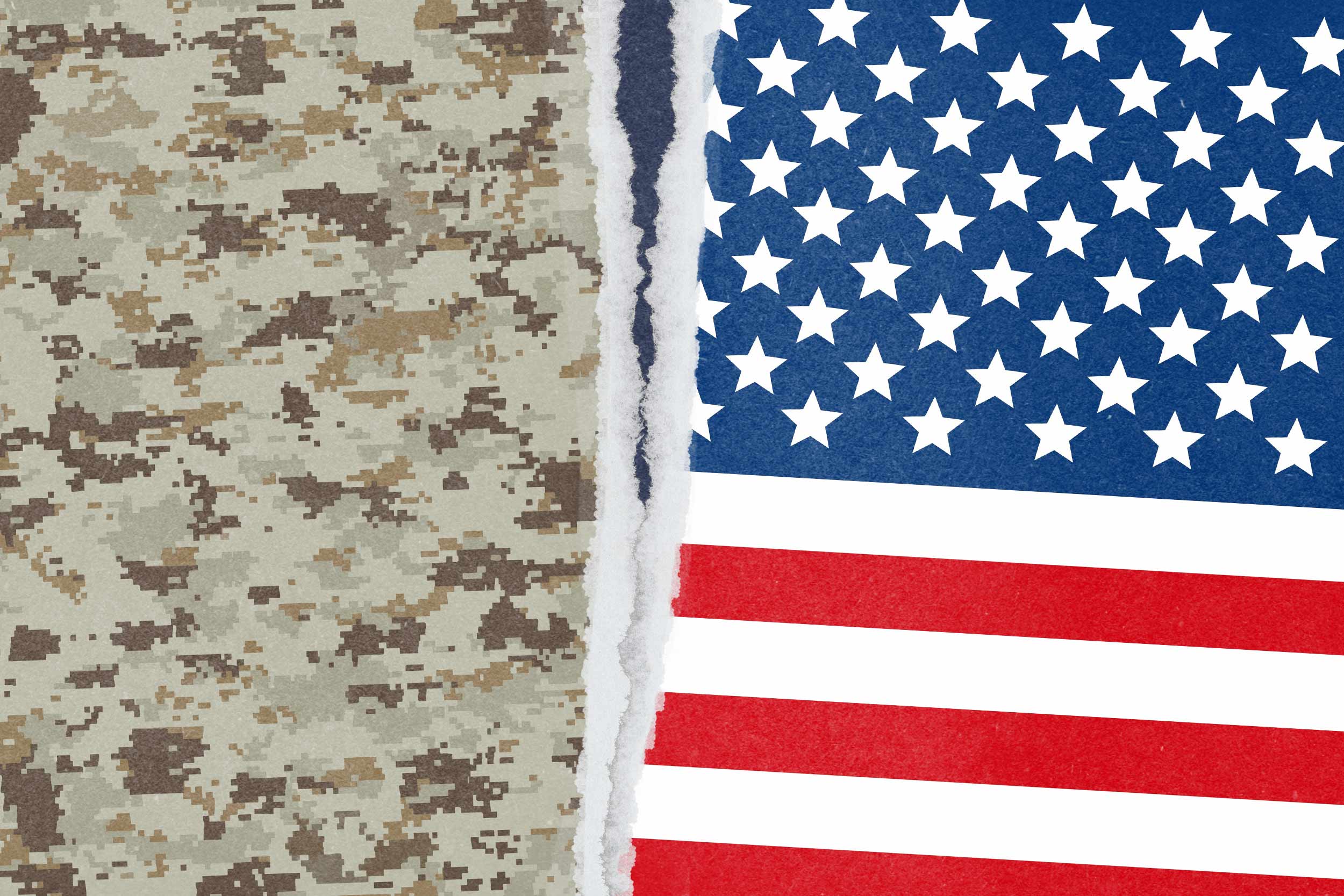The U.S. military and the country’s leadership have had an unusually cordial relationship for more than 200 years, but an increasingly divisive political climate and dysfunctional government could change the dynamic.
Philip Potter, director of the National Security Policy Center at the University of Virginia’s Frank Batten School of Leadership and Public Policy, talked with UVA Today about the relationship and some of the challenges it may face.
The center and the Batten School will host a panel discussion Friday at 1 p.m. at Garrett Hall on the changing landscape of civilian-military relations, featuring a former deputy secretary of defense, a retired four-star commander of U.S. Central Command, a former undersecretary of the Air Force, and a senior fellow of Foreign and Defense Policy Studies at the American Enterprise Institute.

Philip Potter, director of the National Security Policy Center at the Frank Batten School of Leadership and Public Policy, is concerned about what political polarization means for civic-military relations. (Photo by Matt Riley, University Communications)
Q. What is the traditional relationship between the U.S. military and the civilian governments, whether federal or state?
A. The core principle is simple. The civilians are in charge, and the military is subordinate to that authority and the law, but they bear certain rights and responsibilities in that framework: to provide the best military advice, to object, to resign if they need to.
In the United States, we are fortunate to have firmly established civilian authority and military institutions that are highly respectful to that authority. But if that’s going to continue to be a healthy working relationship, we need civilians to have certain respectful attitudes with regard to both the expertise and autonomy of military professionals. In the end, we are striking and maintaining a delicate balance in which we have a highly capable and professional military that is an instrument to the state.
The people with the guns have to listen to the people without the guns, and that’s obviously not an easy equilibrium to hang on to.
Q. The Founding Fathers had concerns about a strong, standing military. Why?
A. The Founding Fathers, with some cause given the experiences of their time, couldn’t envision a world where civilian-military relations would be good enough that a standing army would not either become a temptation or a threat – a temptation for expansive use of the military by leaders or a threat to the democracy itself.
Therefore, they considered it an inherently dangerous creature, one that you probably shouldn’t keep around more than you have to. That was a reasonable approach early in our history, but disbanding the military when you’re not using it isn’t realistic for a global superpower. The United States projects power around the world, and the nature of military capability now requires a great deal of training and expertise. This is no longer about mustering a local militia and equipping them with muskets.










